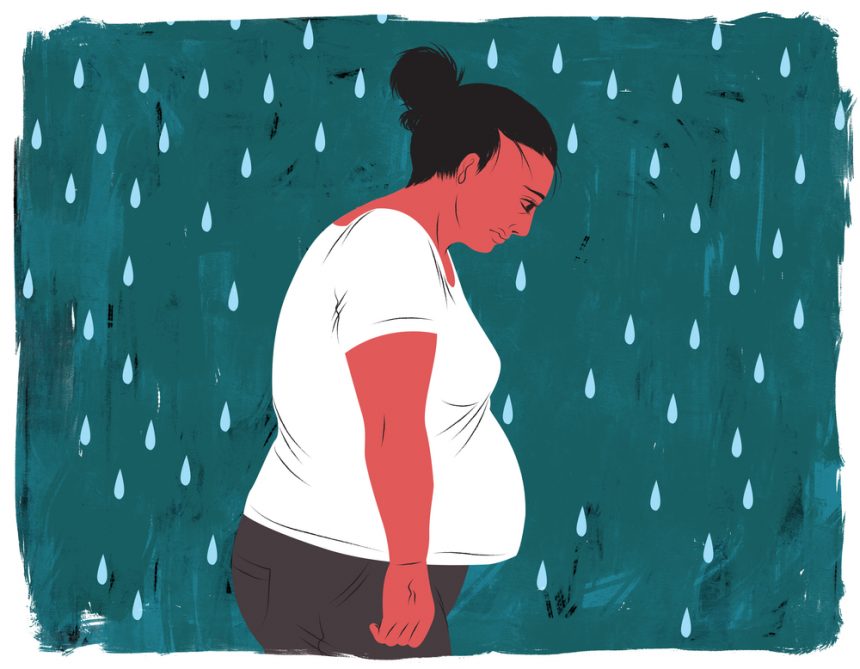Perinatal health and mental health disparities are significant issues in the UK, particularly impacting ethnic minority communities. Research shows that individuals of Black, Asian, and mixed backgrounds face a higher risk of maternal death compared to white individuals (Knight et al., 2023). With mental health being a leading cause of maternal death (Knight et al., 2023), specialized services like the Perinatal Mental Health Service (PMHS) work towards preventing, detecting, and treating these challenges (Royal College of Psychiatrists, 2021).
Despite the increased risk and need for support, South Asian, Black, and White Other women have limited access to community PMHS, and ethnic minority women are less likely to seek treatment for perinatal anxiety and depression (Jankovic et al., 2020; Moore et al., 2019). Improvements in care access and engagement are crucial, especially for disproportionately affected South Asian and Black communities. Recognizing that differences in help-seeking behavior do not fully explain disparities in care engagement (Prady et al., 2021), Conneely et al. (2023) conducted a study to understand how Black and South Asian women experience access and care from PMHS.
The study involved 37 Black and South Asian women who shared their experiences of perinatal mental health issues and accessing PMHS through one-on-one interviews conducted remotely over 19 months. Analysis revealed four themes and sub-themes that highlighted barriers to help-seeking, challenges with service availability and reception, the impact of clinician approach on service experience, and the influence of shared cultural background on rapport.
The authors concluded that while external and internal barriers affect help-seeking and access for Black and South Asian women, most participants benefited from services due to the empathy, kindness, and trust built by clinicians. Providing accessible information about services and implementing multifaceted interventions tailored to the unique needs of ethnic minority women could improve service utilization.
The study followed COREQ guidelines for underrepresented groups in mental health research, deepening our understanding of perinatal mental health. While the study had strengths, limitations include potential dismissal of cross-cultural differences, grouping participants broadly, and not exploring intercultural variations within ethnic categories.
Future research should consider cross-cultural differences, assess the impact of ethnic and cultural connections on service access, and explore intersections between social characteristics affecting perinatal care. Improving knowledge and availability of services, addressing barriers to care access, and enhancing cultural competence of clinicians are key implications for practice to support Black and South Asian women in accessing perinatal mental health services effectively.






